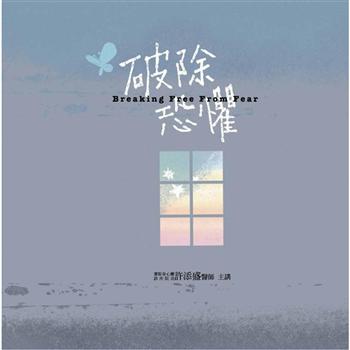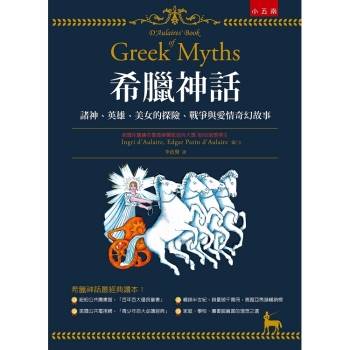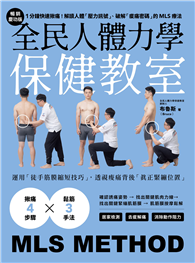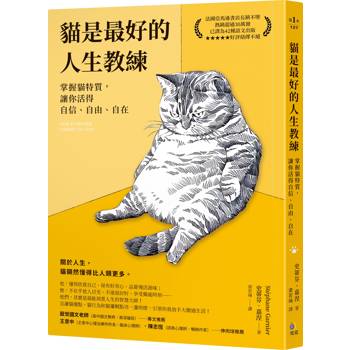After World War II, for a variety of reasons, some women in Japan had intimate relations with occupying US soldiers. These women were called ’ panpan’, a derogatory label, and to this day have been forced by society’s overwhelming disapproval to remain silent about their experiences. Many of the women have now passed away and can no longer tell their own stories. To provide a voice for them, the author has gathered the oral histories of sixty-three of those called panpan to revive and reframe their experiences with Occupation soldiers, including rape, prostitution, love and marriage. There is an overwhelming asymmetry of power between victorious soldiers (men) and women in a defeated country. However, the author reinterprets this as a space where relations of interaction, understanding and practice can be nurtured, rather than one defined by division and confrontation. The author attempts to re-position panpan as women who use their agency (activism exercised under restricted conditions) despite being exposed to the violence of occupation. As result, the women’s survival strategies emerge as they negotiate with the occupying soldiers, making them pay their living expenses and obtaining supplies from them in order to survive the harsh conditions of the time. This book is another story of the Occupation, a history of the postwar period re-drawn from the perspective of stigmatized women.
| FindBook |
有 1 項符合
Women and Soldiers: Sexual Violence and Survival Strategies in Occupied Japan的圖書 |
 |
Women and Soldiers: Sexual Violence and Survival Strategies in Occupied Japan 作者:Chazono 出版社:Trans Pacific Press 出版日期:2024-06-01 語言:英文 規格:精裝 / 260頁 / 22.86 x 15.24 cm / 普通級/ 初版 |
| 圖書館借閱 |
| 國家圖書館 | 全國圖書書目資訊網 | 國立公共資訊圖書館 | 電子書服務平台 | MetaCat 跨館整合查詢 |
| 臺北市立圖書館 | 新北市立圖書館 | 基隆市公共圖書館 | 桃園市立圖書館 | 新竹縣公共圖書館 |
| 苗栗縣立圖書館 | 臺中市立圖書館 | 彰化縣公共圖書館 | 南投縣文化局 | 雲林縣公共圖書館 |
| 嘉義縣圖書館 | 臺南市立圖書館 | 高雄市立圖書館 | 屏東縣公共圖書館 | 宜蘭縣公共圖書館 |
| 花蓮縣文化局 | 臺東縣文化處 |
|
|
圖書介紹 - 資料來源:博客來 評分:
圖書名稱:Women and Soldiers: Sexual Violence and Survival Strategies in Occupied Japan
|










